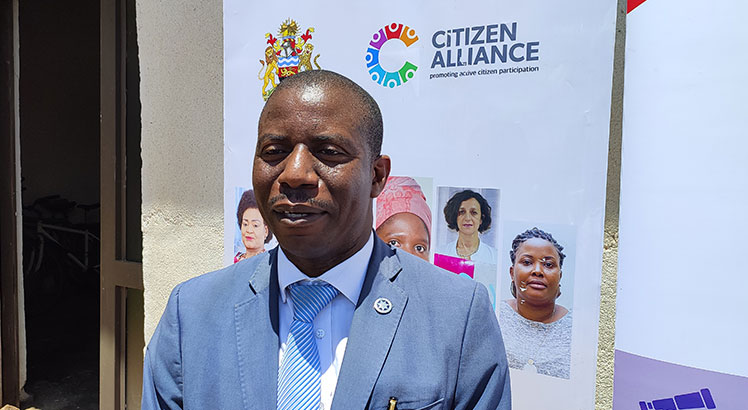CSOs want further review of NGO Act regulations
Civil society organisations (CSOs) have called on government to further review regulations for the Non-Governmental Organisations (NGO) Act 2022, arguing there are still some provisions that are a threat to operations of the NGOs.
Speaking yesterday when CSOs under National Advocacy Platform (NAP) held a meeting with NGO Regulatory Authority (Ngora), NAP chairperson Benedicto Kondowe said while government addressed some areas of conflict that NGOs raised there was need to resolve outstanding issues.
NAP is an umbrella body of over 300 CSOs as members.
Kondowe cited the provision to penalise NGOs on the basis of electioneering and politicking, saying that regulation should be reviewed as there are some issues surrounding elections that need the attention of the civil society groups.

He said: “For example, the 50/50 Campaign which promotes gender equality will require the NGOs to go into communities and support the promotion of female candidates. But with such a regulation it means such works will be impeded. So, there are issues that we need to deal with.”
Kondowe also questioned the mandatory disclosure of source of funding for NGOs which, based on the Act, will see NGOs licenses not being renewed for non-compliance.
The NAP chairperson said government should bear in mind that there are also sensitive issues such as those of minority rights that are being promoted and are not appreciated by the majority.
He observed that some funders do not want to be disclosed hence doing so will see funding stopped.
Said Kondowe: “NGOs would be made vulnerable because people know the source of their income. There is need for Ngora to exercise discretion so that in some situations, NGOs are not forced to disclose.
“The point is, to what extent would Ngora accept non-disclosure of some funding, not all? There could be instances where Ngora could exercise discretion to ensure that rights of vulnerable groups that are sensitive, are protected.”
According to Kondowe, exercising discretion on non-disclosure of sources of funds would also align with United Nations guidelines on non-disclosure of funding.
The NAP chair further questioned why a licence that is valid for five years should be invalidated because of failing to pay annual fee.
In his contribution, Human Rights Consultative Council executive director Robert Mkwezalamba concurred with Kondowe, saying the cancellation of a licence for failing to pay an annual fee should be revised to have a licence and annual fee paid together periodically.
In response, Ngora chief executive officer Edward Chileka Banda said disclosing NGOs source of fundingw is a statutory requirement and it is part of accountability.
NGOs and government have for a long time been fighting over the NGO Act which CSOs alleged was a means of silencing CSOs.





